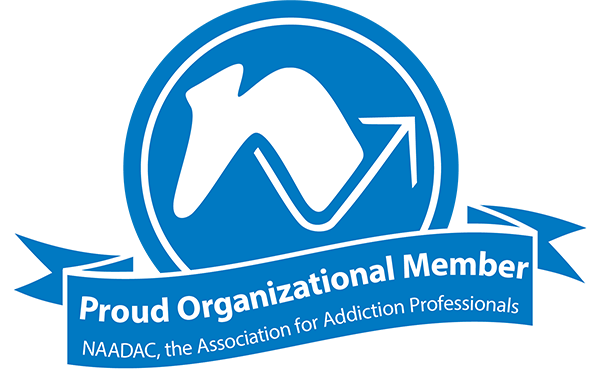Alcohol addiction is a life-threatening condition that affects people all over the world. Chronic alcohol abuse can lead to severe health problems and hurt your relationships, careers, and quality of life. If you struggle with alcohol dependence, professional detoxification programs offer the first step toward recovery.
Ikon Recovery does not offer an in-house medically supervised detox, but we have a reliable and extensive network of partners who can manage all aspects of the detox process. Working collaboratively with those partners, we will help you or your loved one ease withdrawal symptoms and begin a comprehensive substance abuse treatment program.






